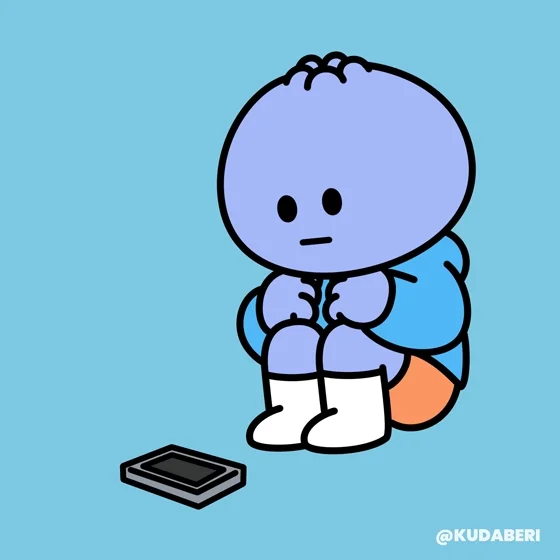Have you ever been in a relationship where you constantly second-guessed yourself? You felt anxious when your partner didn't text back right away and found yourself apologizing even when you hadn't done anything wrong.
You wondered: was this love, or was it just a case of insecurity?

Feeling insecure in a relationship is more common than you might think.
Spotting the signs of insecure relationships early can help you understand what’s really happening beneath the surface.
What are Insecure Relationships?
Insecure relationships are built on fear, doubt, or imbalance. Instead of feeling safe and supported, one or both partners often feel:
Uncertain about where they stand.
Afraid of rejection or abandonment.
Unsure about their own worth in the relationship.
Couples coach Drew Daniels explains more about the nature of insecure relationships in the video below:
Signs of Insecurity in a Relationship
While every relationship has ups and downs, repeated patterns of doubt and fear can point to insecurity. Here are some common signs of insecure relationships to watch for:
 Constant Need for Reassurance
Constant Need for Reassurance
Feeling anxious if your partner doesn’t respond immediately
Frequently asking your partner, “Do you still love me?"
 Jealousy and Comparison
Jealousy and Comparison
Checking your partner’s phone or social media
Comparing yourself to others, feeling like you’re not “good enough”
 Difficulty Setting Boundaries
Difficulty Setting Boundaries
Saying “yes” when you want to say “no”
Feeling guilty for needing your personal space
 Fear of Being Dumped
Fear of Being Dumped
Worrying your partner will leave after small disagreements
Over-apologizing to avoid conflict
Scenario Practice
Meet Alex and Jane.
 Photo by Andrik Langfield on Unsplash
Photo by Andrik Langfield on UnsplashAlex and Jamie have been dating for a year.
Alex sometimes feels nervous if Jamie doesn’t reply to texts right away, but also respects Jamie’s need for personal space.
Jamie encourages Alex to spend time with friends but sometimes checks Alex’s phone when feeling insecure.
They enjoy making plans together and often celebrate each other’s small wins.
 Based on the scenario with Alex and Jamie, how would you describe their relationship?
Based on the scenario with Alex and Jamie, how would you describe their relationship?
A. Secure: They mostly show healthy behaviors.
B. Insecure: Doubt and mistrust dominate.
C. Somewhere in between: They have both secure and insecure traits.
D. Unhealthy: The relationship is harmful overall.
Quiz
Based on the scenario with Alex and Jamie, how would you describe their relationship?
Tips for Dealing with Insecurity in Relationships
Overcoming insecurity in relationships takes time. Change doesn’t happen overnight, but every small step brings you closer to a healthier, more secure connection.

Here are some practical tips to help you move toward security:
Build self-awareness. Notice your triggers. Ask, “Is this fear based on facts, or on past experiences?”
Communicate openly. Share your feelings without blame. Use “I feel…” statements instead of accusations.
Set and respect boundaries. Healthy boundaries make relationships stronger. Agree on what feels comfortable for both.
Strengthen your self-esteem. Do things that make you feel confident outside of the relationship — hobbies, friendships, personal goals.
Quiz
Which of the following is NOT a healthy way to deal with insecurity in a relationship?
Take Action
 Photo by Iryna Marienko on Unsplash
Photo by Iryna Marienko on UnsplashUse these steps to recognize the signs of insecurity and move toward healthier relationships:
Your feedback matters to us.
This Byte helped me better understand the topic.
